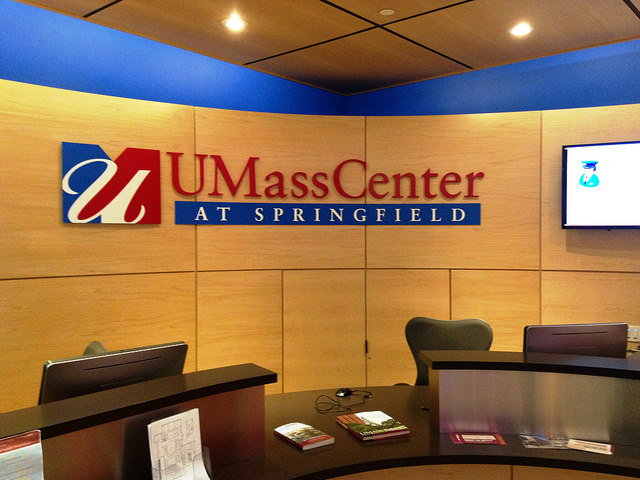A forum, titled “The Intersection: Untold Stories of Women of Color On the Move,” was held at the UMass Center in Springfield in honor of Black History Month and to facilitate buoyant discourse surrounding actors of the Civil Rights and Women’s Movements.
Held on Feb. 1, the event consisted of two primary features: a visual exhibit presenting women’s rights activists, dating back to as early as ancient Egypt, and a panel of informed speakers from the Amherst region and beyond.
Jean Denton-Thompson, a freedom rider arrested in 1961 for challenging racially segregated buses and a featured guest at the event, inspired those before her with a brief reflection of her endeavors.
“I’m so happy to see so many faces of people of different backgrounds and of different colors, and that’s what I stand for, oneness, of all people,” Thompson said. “We are all connected.”
Following introductions of featured guests accompanied by message’s similar to Thompson’s, the panel, including two professors from the University of Massachusetts, began their conversation.
Dr. Demetria Shabazz, lecturer in the W.E.B. Du Bois Department of Afro-American Studies at UMass, spoke of figures that have inspired her throughout the timeless fight for equality as well as her contributions to the movement.
“Part of what I teach is community engagement courses,” Shabazz said. “I really believe in getting our college students at UMass out into the community, to not only share what they know in terms of their schools, but [also] they learn so much more,” Shabazz said.
Another panelist, Dr. Laura L. Lovett, associate professor in the UMass History Department, gave a detailed lesson of forgotten figures, such as Gloria Scott and Dorothy Pitman Hughes, who were involved with the intersection of the Civil Rights and Women’s Movements. Lovett’s most recent work—currently under consideration by the University of Massachusetts Press—is a book that depicts her dedication to African-American and Women’s activism. According to Lovett, the work “centers a narrative that moves African American women from the periphery to the very center of how we can even begin to understand the women’s movement of this country.”
Notably, convention leader Janine Fondon, a professor at Bay Path University, provided a moment of comic relief during the event. At the mention of the men at the forum, Fondon said, “Baby, men are the head, but women are the neck, because the men can’t move without the neck.”
Fondon also provided a moment of heartfelt commentary as well.
“There are so many powerful women in this room right now,” Fondon said. “Each and every one of you have a powerful, powerful story.”
Andrea Hanley can be reached at [email protected].



















